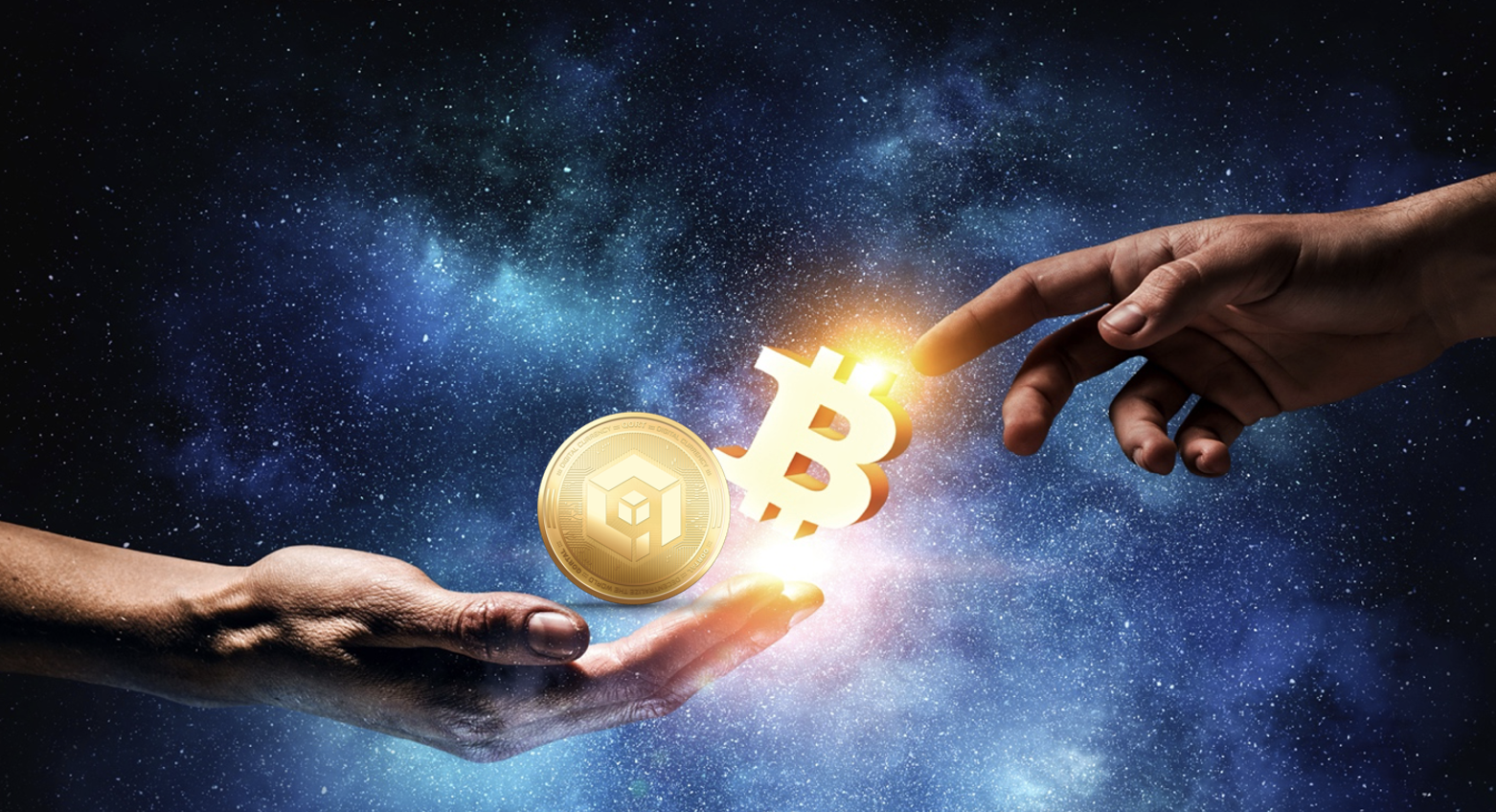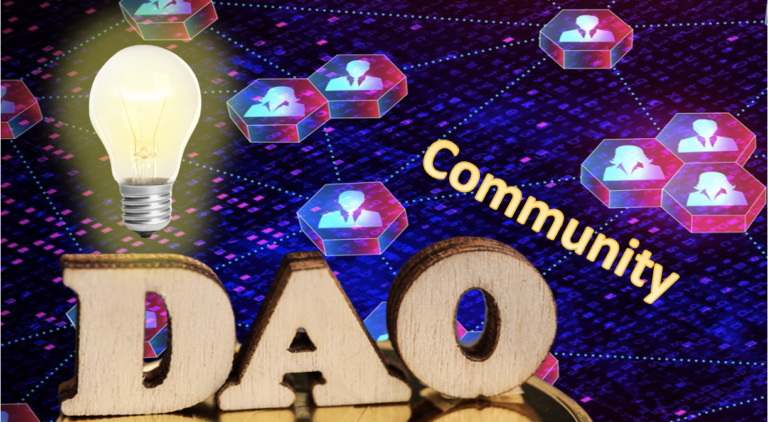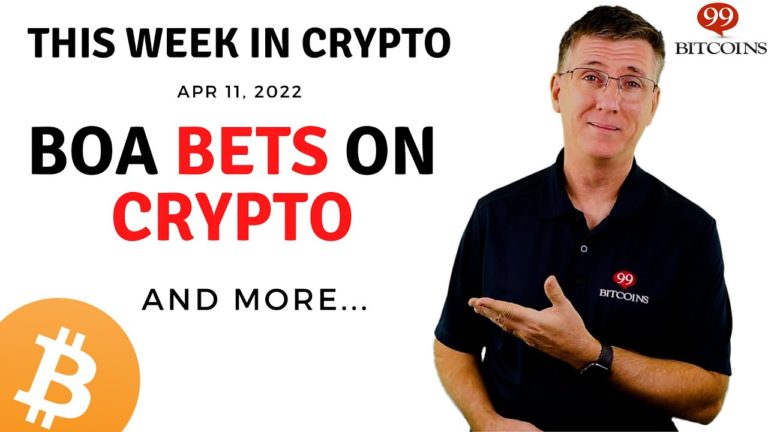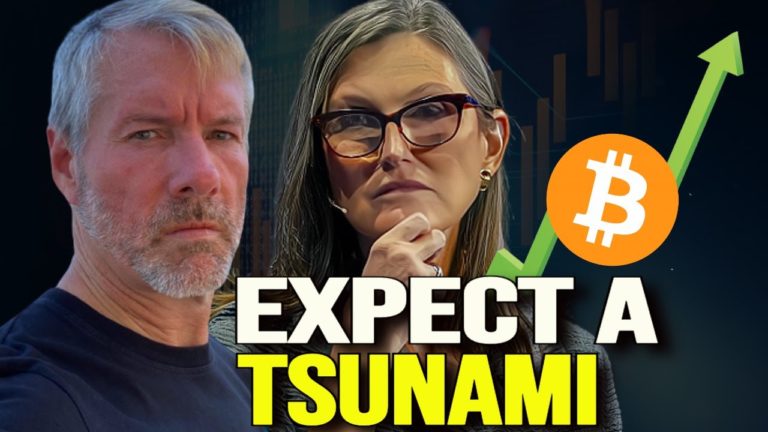There is a sea change occurring by way of sovereign crypto, the enormity of which is difficult to measure.
From the perspective of actual use cases, how do you calculate the value of women in Afghanistan receiving Bitcoin to escape the oppression of the Taliban?
Or the value of banking the unbanked with cryptocurrency… such as the people of Africa who are now able to store cryptocurrency in crypto wallets on their mobile phones?
Or how about the savvy citizens of Argentina, of Cyprus, or of Turkey, who escaped the intentional devaluation of their currency by their governments by exchanging their hyper-inflated, crashing fiat for Bitcoin?
Just think, El Salvadorians are now independent from fiat, whereas hitherto they were unable to have a sovereign currency of their own; they now hold Bitcoin as official legal tender. How many other smaller nations are out there that would love to free themselves from the shackles of another government’s currency tethers?
These questions are rhetorical. There is no way to quantify such utility. There is a dark undercurrent beneath the ocean of wealth that developed nations take for granted: financial oppression, lack of access to the global finance system, and the forced depreciation of hard-earned money. Which begs the question:
How do we measure the value of sovereign cryptocurrencies when the benefits they offer are measureless?
The markets give us a price. But that’s just a number. The real value is what crypto can do to revolutionize the monetary system, like helping business owners reduce the costs of transactions, giving people on the fringes access to banking, or providing people with a life boat to escape from inflation and hyperinflation. This list, in fact, could practically be infinite.
A new Declaration of Financial Independence is held at the fingertips of our crypto wallets. It is the escape out of an antiquated, broken machinery of finance.
Thus, holding sovereign crypto is a vote for your financial freedom. Every piece of fiat paper fresh off the government printing press (and there are many fresh ones being printed), once exchanged into crypto becomes your claim to the future. A future that we are transforming with every transaction on the blockchain.
The naysayers said, “Bitcoin sounds great, but you can’t buy a cup of coffee with it”. Well, guess what? They’re now buying coffee in El Salvador with Bitcoin. Layer two solutions like the lightning network is spreading like wildfire, allowing for speedy transactions at the point-of-sale for coffee, or any other everyday item.
“I skate to where the puck is going to be, not where it has been.” -Wayne Gretzky
Believers in sovereign crypto have been skating to where the puck is going for a long time now; ironically, the puck hasn’t even gotten there yet—there is still too much potential left to unlock. What they see ahead is a paradigm shift where individual freedoms and protections can be secured on the blockchain. Things like your privacy, your wealth, your communications, and your data.
Decentralization is a New Form of Democratization.
With Bitcoin, the validators along with the miners run and secure the network. And who can be a validator?
Anyone with a computer can become a validator and have a voice in protocol updates by running the Bitcoin software stack. Meaning, any major changes (hard forks) to the Bitcoin network cannot be completed unless the validators agree. In fact, even soft forks (which are less significant to the protocol) cannot be completed across the Bitcoin network without some degree of consensus. This is what decentralization is all about. We the People control the protocol, so we control the future.
 Compare that to the current state of the internet. It runs on centralized clouds owned by corporate giants like Microsoft, Google, and Amazon. Facebook and Apple are not exempt from this either, the data they host is your information, and they profit from it. And they can censor it as well. With advanced Artificial Intelligence monitoring your every click and keystroke (and even your conversations)—by them having access to and owning this metadata strips us of owning our own digital identities.
Compare that to the current state of the internet. It runs on centralized clouds owned by corporate giants like Microsoft, Google, and Amazon. Facebook and Apple are not exempt from this either, the data they host is your information, and they profit from it. And they can censor it as well. With advanced Artificial Intelligence monitoring your every click and keystroke (and even your conversations)—by them having access to and owning this metadata strips us of owning our own digital identities.
It’s no wonder these companies are worth trillions—they have digital versions of ourselves captured (enslaved) in the cloud. Imagine, our metadatic-selves uploaded are uploaded into the cloud, which are bought and sold like cattle on the underground digital marketplace run by corporate technocrats.
Bitcoin was the very first version of decentralization. Projects like Qortal are seeking to enhance the capabilities of blockchains to allow for data hosting, chat (qchat), and even social networking capabilities. With Qortal, the minters mint QORT through computational power and level up in the network. It’s a system where people are rewarded for their contribution. But unlike Bitcoin (and just about every other blockchain out there) the reward is equitably distributed to all the minters without a high cost of entry. ASIC miners or expensive graphics cards will not help you earn more QORT. Instead, you level up by continually minting over time on your computer or pi device known as a QORTector.
Future versions of blockchain networks, like Qortal, will essentially be public clouds that are highly secured through cryptography. It is an unfathomably remarkable technology enhancement over existing private clouds, which are owned and controlled by the technocratic giants. Both from a security perspective and from the perspective of democratization, this is a new version of the internet, an internet that can be owned by us.
By owning the crypto public cloud: the data becomes ours, the network becomes ours, as does its upgrades; thus, by getting involved in crypto, we have a chance at a sovereign financial and digital future. Please note: this is not investment advice; rather, it is a commentary on the current financial system; and a potential path into a future currently being created, which has its own set of risks.
Long Bitcoin, Qortal






